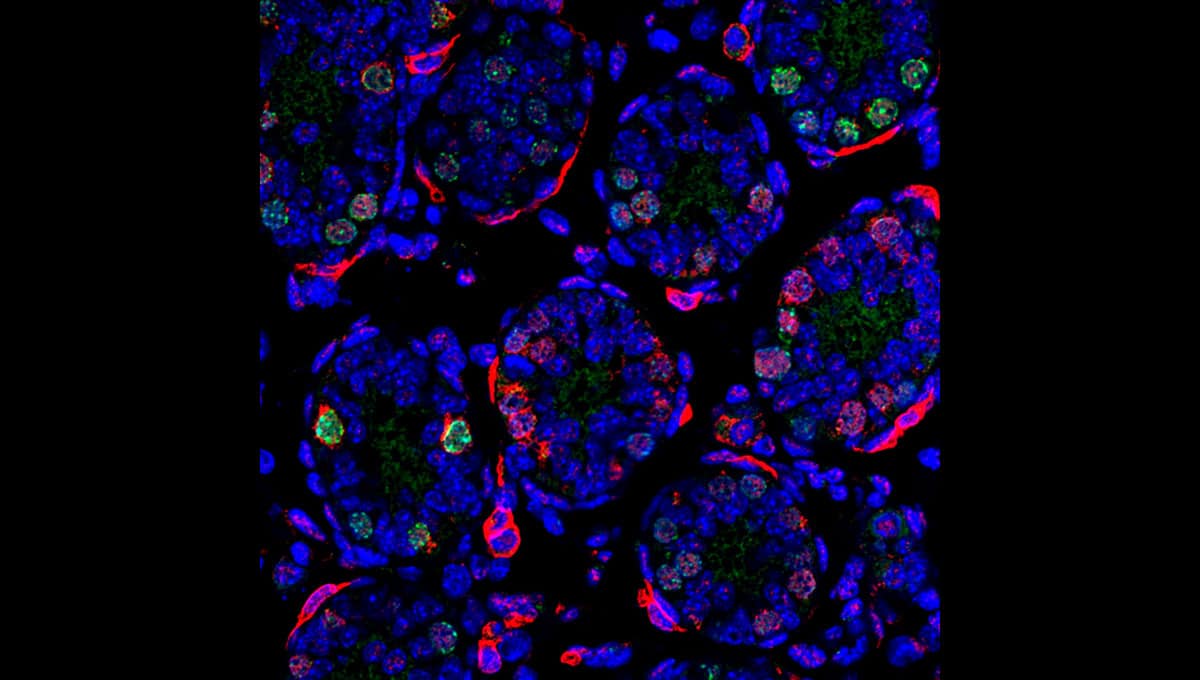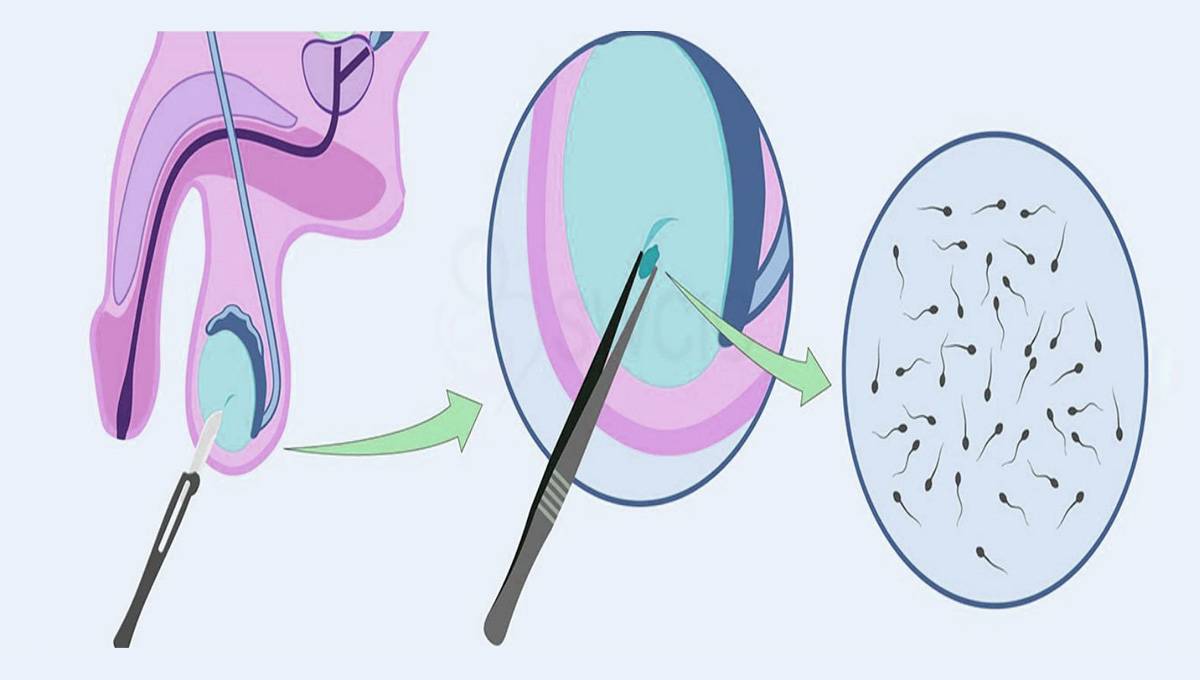For years, scientists have been concerned about male fertility falling worldwide. Now the most comprehensive study to date has confirmed these fears.
https://www.youtube.com/watch?v=NxhEjr6OQJk
Sperm counts are linked to pregnancy rates. Generally a higher sperm count increases the chances of your partner becoming pregnant faster. However men with lower sperm counts may still be able to get their partner pregnant, but it may take longer.
The World Health Organisation defines men with less than 15 million sperm per millilitre of semen or 39 million sperm per ejaculate as having a low sperm count.
New research findings about sperm quality
The study by Levine and colleagues analysed previous scientific studies and found that male fertility in developed countries has significantly fallen over the last 40 years 1 Levine H, Jorgensen N, Martino-Andrade A, Mendiola J, Weksler-Derri D, Mindlis I, Pinotti R, Swan SH. Temporal trends in sperm count: a systematic review and meta-regression analysis. Human Reproduction Update. 2017. 23(6):646-659. Available from: https://academic.oup.com/humupd/article/23/6/646/4035689. Specifically, between 1973 and 2011, sperm concentration declined by 52.4% and total sperm count fell by 59.3%. In addition to this, they worryingly found that there was no sign of this decline levelling off.
Unfortunately the implications of these results are not only limited to reproductive medicine. In other research, scientists have found a link between sperm count and general health. There is a link between low sperm count and low bone mass, cardiovascular risk and metabolic abnormalities 2 Science Daily. Low Sperm Count Not Just a Problem for Fertility. Internet. 2018. Available from: https://www.sciencedaily.com/releases/2018/03/180318144836.htm.
www.amitamin.com/en/fertilsan-m New life deserves the best possible start!We provide the essential building blocks for this.
Why is this happening?
Scientists believe the main reason for the decline in male fertility is environmental factors. These include pesticides and chemicals which disrupt hormones in men.
Additionally lifestyle factors may be to blame. These include stress, smoking, alcohol and having an unhealthy diet.
Conclusion
Overall, in light of these shocking figures scientists will need to investigate the reasons for this decline and how men can reverse this damage. In the past, research has typically focused more on female fertility problems than male. However these concerning results have sparked a new interest in investigating male fertility and how we can preserve it.

Dr. Jones is an experienced consultant in assisted reproduction.
He has worked as a Fertility specialist at Kingston Hospital Assisted Conception and nearly 10 years experience of working in Obstetrics and Gynaecology across hospitals in the UK.
He completed his Masters in Assisted Reproduction Technology and then his PhD, from Imperial College London. Dr. Jones main areas of interest are Single Embryo Transfer, Endometriosis, PCOS and Implantation failure in IVF patients. He is a member of the British Fertility Society and an associate member of the Royal College of Obstetrics and Gynaecology.
Bibliography
- 1Levine H, Jorgensen N, Martino-Andrade A, Mendiola J, Weksler-Derri D, Mindlis I, Pinotti R, Swan SH. Temporal trends in sperm count: a systematic review and meta-regression analysis. Human Reproduction Update. 2017. 23(6):646-659. Available from: https://academic.oup.com/humupd/article/23/6/646/4035689
- 2Science Daily. Low Sperm Count Not Just a Problem for Fertility. Internet. 2018. Available from: https://www.sciencedaily.com/releases/2018/03/180318144836.htm









